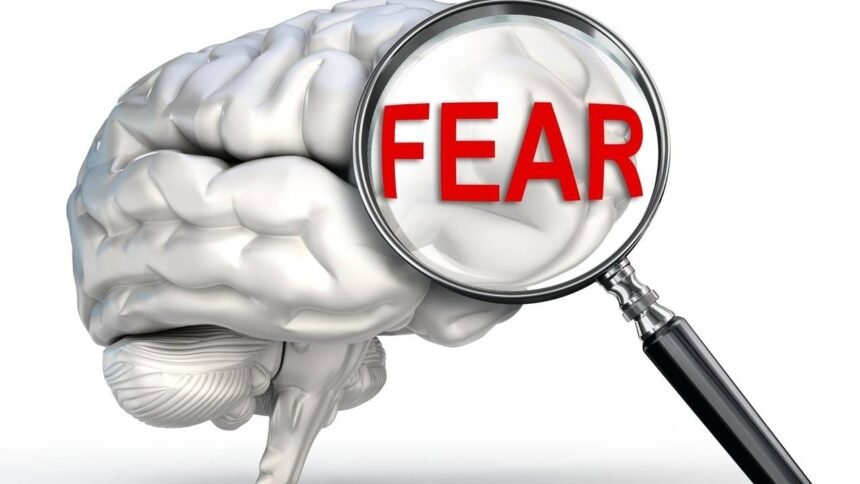People frequently have fears and phobias, which can have an impact on how good life is. Examples of these include fear of insects and heights. Some people are severely impacted by their phobias and find it difficult to live a regular life, even though many people are able to manage their worries on their own. Hypnosis has been a very popular method of treating phobias and fears in recent years, providing a special way to use the mind’s ability to conquer these obstacles. We examine the science underlying hypnotherapy for phobias and fears in this article, as well as how well it functions to treat these crippling disorders.
What Do You Understand By Fears And Phobias?
Fears arise from prior experiences or acquired behaviours and are the body’s natural response to perceived threats. Phobias, on the other hand, result from excessive and irrational anxieties and can cause extreme distress as well as avoidance activities.
Social phobias, which involve anxiety about social events and interactions, as well as more specific forms such as flying or public speaking phobias, are the two primary categories of phobias. Any form of fear can have serious repercussions in one’s personal and professional life by leading them into avoidance behaviours that make life harder overall.
The Role Of The Mind In Phobia Development
In order for phobias to arise and persist, the mind is essential. The subconscious mind becomes permanently embedded with bad or traumatic experiences, which is often the source of phobias. When a phobia-inducing object or circumstance is encountered, these experiences form brain circuits linked to fear responses, which heighten anxiety.
Reticence to think positively and illogical ideas are two more brain processes that can sustain a phobia. The worst things that could happen to someone who is frightened of heights, such as losing their balance or falling, may cross their mind excessively.
Hypnotherapy: Unleashing The Power Of The Subconscious Mind
Hypnosis helps people become extremely relaxed and open to new thoughts while they’re hypnotised, known as hypnotherapy. Your subconscious becomes more open to constructive ideas and imagery when in this state, thus enabling the therapist to alter deeply ingrained beliefs and behaviours with this approach.
Hypnotherapy involves inducing a state of relaxation in which the patient experiences a trance-like state during which their therapist assists in exploring the source of their fear and how they perceive the world in an open and safe environment. Positive ideas may then subconsciously replace negative ones during hypnotherapy to address the causes of phobias more effectively and treat them effectively.
The Science Behind Hypnotherapy
Researchers have recently shown increasing interest in hypnosis despite its longstanding use to treat phobias and anxiousness for millennia. Studies have demonstrated its effects on perception, thought, emotion and neurological processes underlying its practice.
Studies performed using functional magnetic resonance imaging (fMRI) have demonstrated that during hypnosis, brain activity changes dramatically, according to research using functional magnetic resonance imaging (fMRI). According to this research, areas related to emotion, attention, and memory have all shown variance from their norms during hypnosis; results also suggested hypnosis may alter brain circuits that process fear; this could potentially trigger adaptive coping mechanisms or alter response responses such as panic.
The Therapeutic Process
Hypnotherapy for fears and phobias starts with an initial exam to find out what the person’s specific fears are and what sets them off. Using methods like suggestion, desensitization, and imagery to promote change, the therapist then customizes the hypnotherapy sessions to meet these problems.
So that the individual being hypnotized can access their subconscious mind easily, they are guided into a relaxed state. By employing metaphors and imagery, hypnotherapists can help the patient feel safer by altering how they view an object or circumstance that causes anxiety.
By progressively facing their anxieties in the hypnotic environment over several sessions, the person is able to feel less anxious and more confident in their ability to control their phobia. Behavior and mental patterns can be permanently altered by creating new brain pathways through reinforcement and repetition.
Conclusion
Using the subconscious mind’s strength, hypnotherapy, in summary, provides a powerful method for overcoming phobias and fears. Hypnotherapy helps people reframe their perspectives and create more adaptive coping mechanisms by helping them access deeply ingrained emotions and ideas. There is hope for people seeking treatment for these crippling disorders, as the research underlying hypnotherapy highlights how successful it is in treating anxieties and phobias. Hypnosis is set to become a more common tool in mental health treatment as more research is done to understand the principles underlying hypnosis. This will enable people to live happy, meaningful lives and conquer their phobias.


Leave a Reply